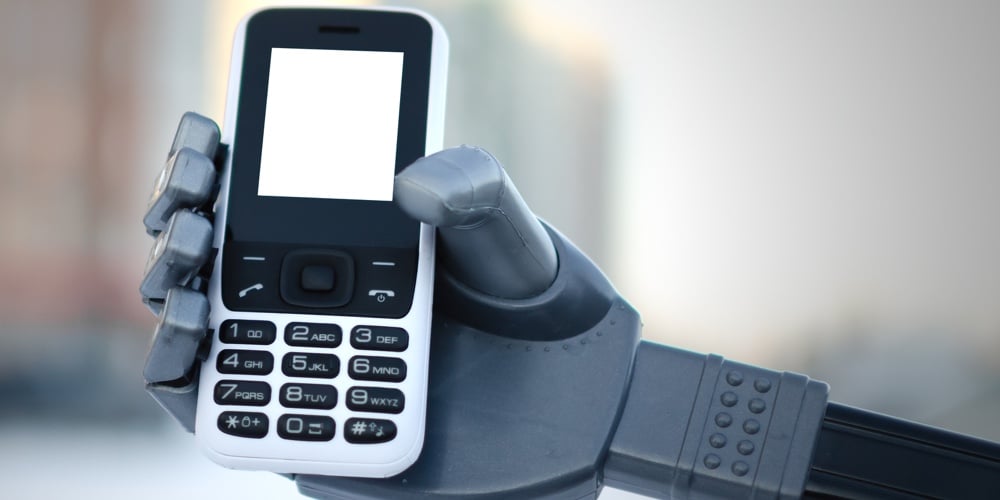Just what is a robocall anyway?

As really hardcore readers of this blog know, my wife has suggested that I am a beater of dead horses. While I respectfully disagree some issues really do get under my skin and right now one of those is the recent ruling by the FCC banning robocalls. A recent decision by the Court of Appeals for the 9th Circuit underscores that the FCC did not ban robocalls. Instead, it made it even more difficult to reach out to members using equipment that could make robocalls. I’ve explained this before but the 9th Circuit decision underscores just how unworkable the 1991 statute has become. Duguid v. Facebook, Inc., No. 17-15320, 2019 WL 2454853, (9th Cir. June 13, 2019)
When Congress decided to clamp down on unsolicited marketing phone calls it decided to do this by placing restrictions on the equipment used to make such phone calls. Consequently the TCPA’s consent requirements are triggered any time “equipment which has the capacity—(A) to store or produce telephone numbers to be called, using a random or sequential number generator; and (B) to dial such numbers.” 47 USC 227(a)(1)(A).
The plaintiff in this case brought a claim under the TCPA after receiving several unsolicited messages for Facebook even though he belongs to that rare group of people such as your faithful blogger who has never belonged to Facebook and never will. No one seems to know how or why he got these messages. In seeking to dismiss this lawsuit, Facebook made a frontal assault on the breath of the statute and the way some courts and regulators have chosen to interpret it. Specifically it complained that under the existing interpretation of the TCPA it could be understood to include smart phones because they can store numbers and use automated response technology. Consequently, any use of a smart phone triggers the TCPA.
continue reading »




